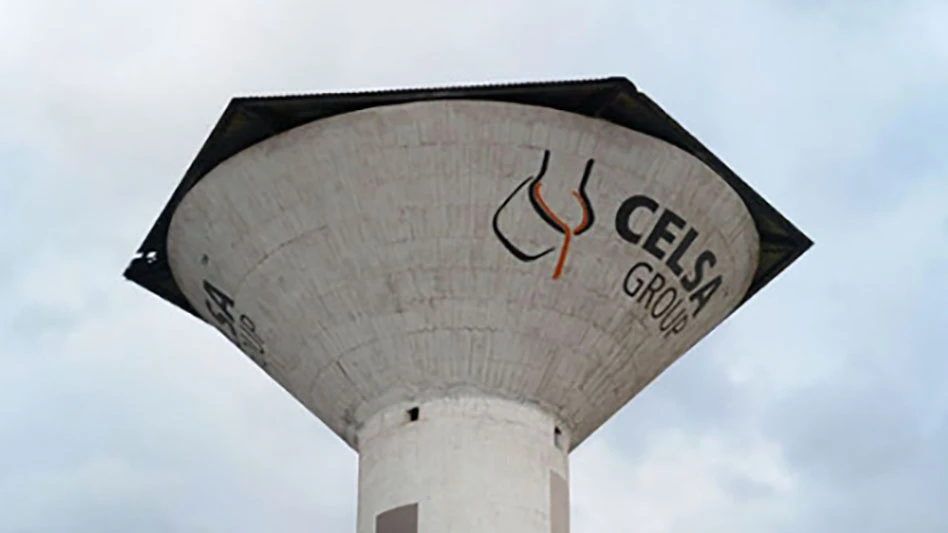The European Brands Association (AIM) along with the Alliance to End Plastic Waste have partnered to start semi-industrial trials for its Digital Watermarks Initiative HolyGrail 2.0. The initiative is a pilot project with the objective to prove the technical viability of digital watermarks for accurate sorting of plastic scrap. Digital watermarks are codes, the size of a postage stamp, covering the surface of packaged goods. The goal is for the digital watermarks to be detected and decoded by a high-resolution camera on the sorting line, which then can sort the packaging into corresponding streams.
The groups say they will work with the city of Copenhagen, Denmark, to conduct trials. This phase of testing moves the initiative closer to precise identification and sorting of plastic packaging scrap through digital watermarks, AIM says.
For the next four months, a prototype sorting detection unit will be installed at the Amager Resource Centre (ARC) in Copenhagen. Engineers will test for several parameters, including the speed and accuracy of the system, to ensure its ability to handle pressures of full-scale industrial operations. If the trial is successful, digitally watermarked products could be added to store shelves in Denmark, France and Germany by the first half of 2022, AIM reports in a news release on the trials.
“We are delighted to enter the next phase of semi-industrial testing within the Digital Watermarks Initiative together with our new partner, the Alliance to End Plastic Waste,” says Michelle Gibbons, AIM director general. “An initiative like this can only thrive with the wide support of different key stakeholders in terms of expertise, but of course also financial support. Collaboration is the way forward to achieve the EU’s circular economy goals and we are confident that this technology has the potential to drive a truly circular economy for packaging.”
“Recycling is a key pillar that must be invested in to advance a circular economy in plastic waste. The Alliance is excited to support the scaling of this project in its next phase of progress, in line with our mission to end plastic waste in the environment,” says Jacob Duer, president and CEO of the Alliance to End Plastic Waste. “As testing continues, we know there will be many things to solve along the way, but with strong collaboration of our public and private sector partners, we believe intelligent sorting can be a new frontier that could help dramatically improve plastic waste management.”
Two machine vendors, Pellenc ST and Tomra, along with the selected digital watermarks technology provider Digimarc, are developing add-on modules for their detection sorting units to be combined with existing near-infrared (NIR) sorters. AIM says both modules will be tested in the semi-industrial test phase in trials at two different test locations. The first controlled tests using industrial-sized equipment and the Pellenc ST/Digimarc module are scheduled for October at ARC in Copenhagen.
Latest from Recycling Today
- Greenwave Technology pares back losses in Q3
- Lindner shredders prepare Brazilian plastic for recycling
- China ups steel output while other nations cut back
- ReElement, Posco partner to develop rare earth, magnet supply chain
- Comau to take part in EU’s Reinforce project
- Sustainable packaging: How do we get there?
- ReMA accepts Lifetime Achievement nominations
- ExxonMobil will add to chemical recycling capacity





